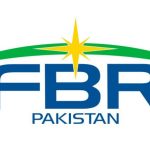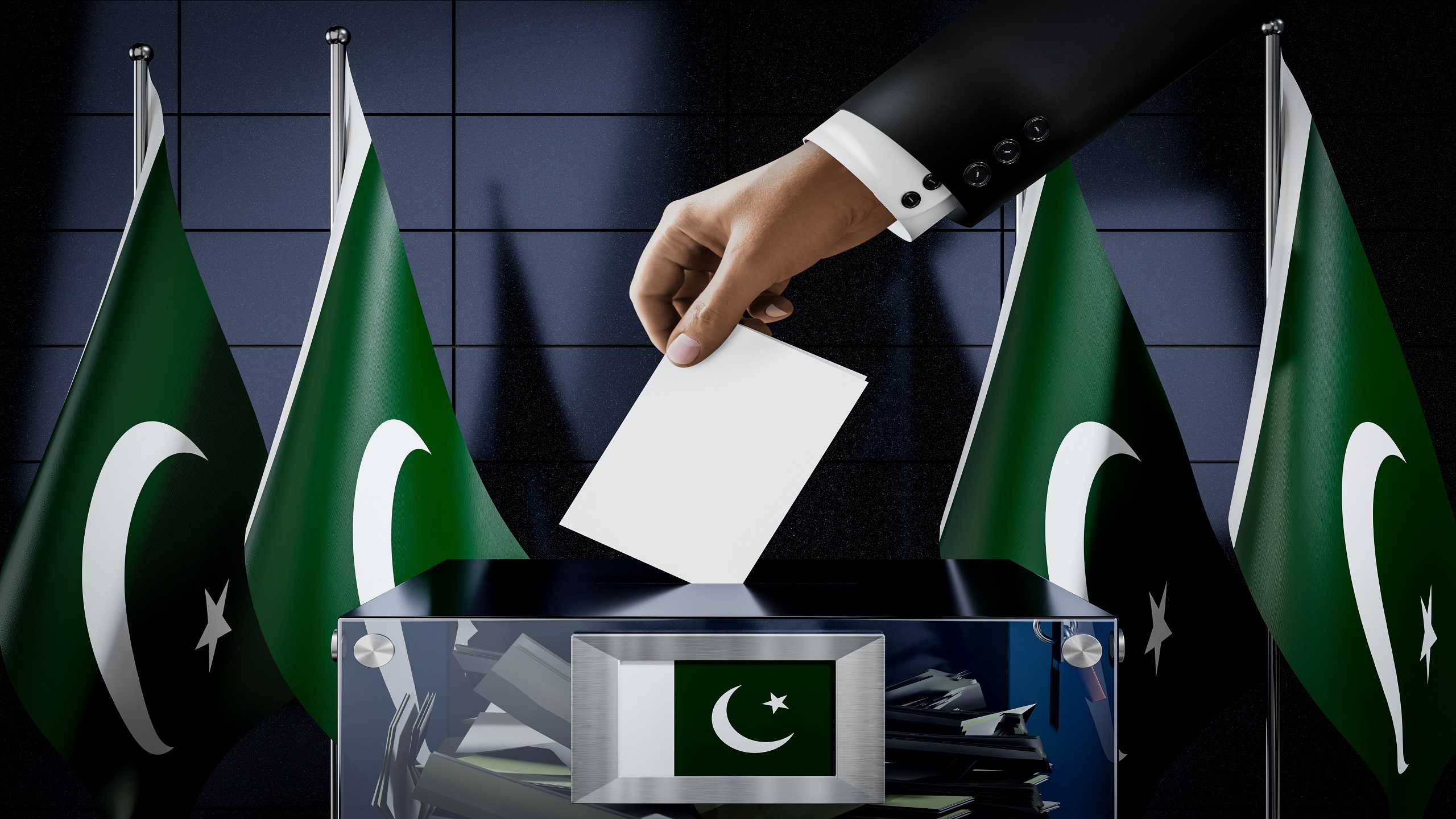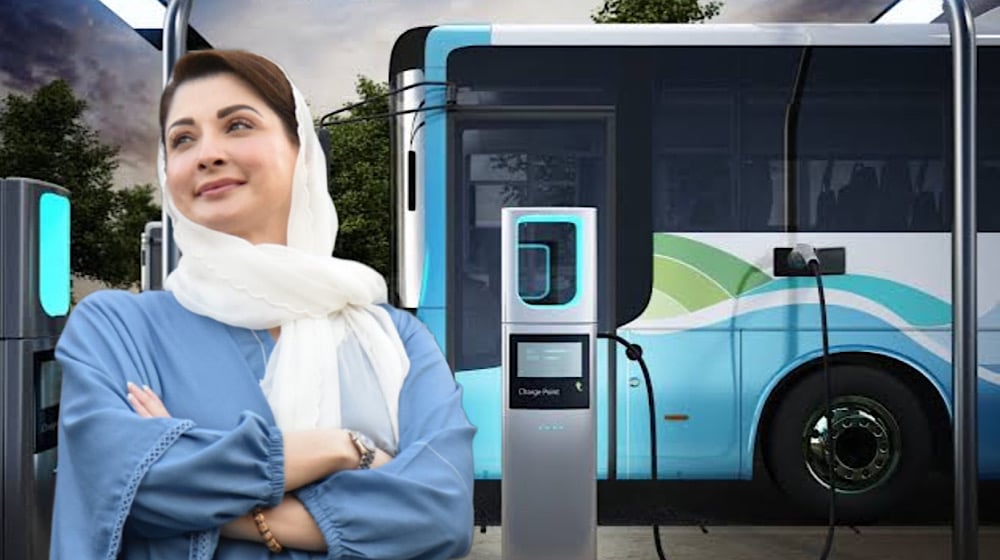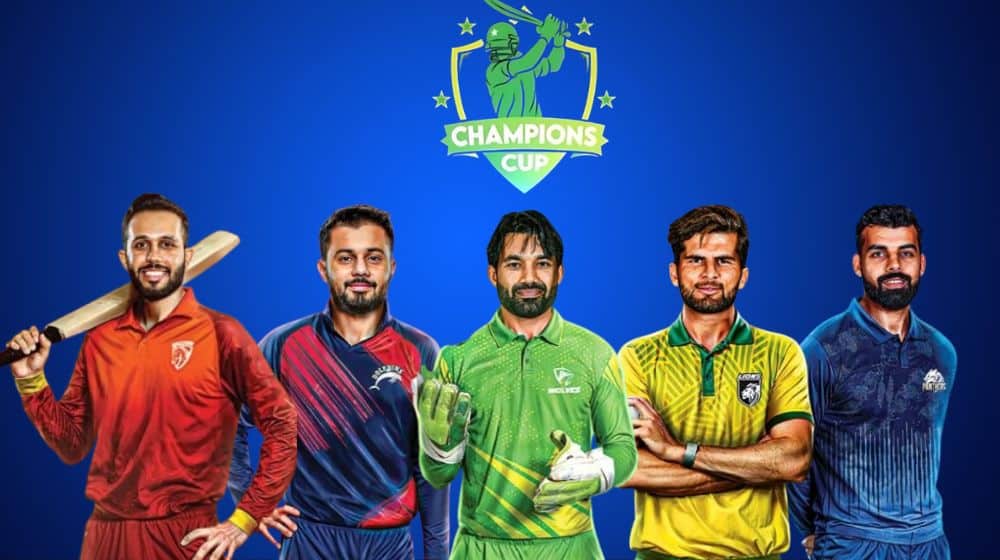Countdown to 8th February: Anticipating a Transformative Election in Pakistan’s History Amidst Financial Preparedness and Changing Media Dynamics
Elections are approaching swiftly, scheduled for February 8th. As the famous English proverb goes, “There is many a slip between the cup and the lip,” but in this case, obstacles have been cleared, and the stage is set.
Finances play a crucial role in this nationwide electoral exercise, and a substantial amount is already in the hands of the Election Commission of Pakistan. While this upcoming election is grabbing headlines, it’s not the first in Pakistan’s history.
The country has a long electoral history with each election having its controversies. Interestingly, the most impartial and fair elections, according to many critics, were the ones in 1970, which unfortunately led to the country’s breakup, giving rise to Bangladesh.
A glance at Pakistan’s electoral history reveals that the first general elections occurred 22 years after the country’s formation. Since then, nine more elections have taken place, with notable events such as the disputed 1977 elections leading to a massive protest movement and subsequent martial law.
Various political parties, including the PPP, PML-N, PML-Q, and PTI, have formed governments at different times. The approaching polls signal a shift from past elections, notably influenced by the transformative power of social media. While local newspapers still hold sway in some areas, the overall landscape has changed.
In the previous elections, a friend contesting from a poorer locality discovered that a significant portion of voters relied on a local newspaper for news. Despite the impact of social media at that time, its role is expected to be even more pronounced in the upcoming elections, reflecting a dynamic shift in the way information is disseminated and received.
Twirl: Elections buzzed through the academic air, a synchronized spectacle across all institutions, transforming the city into a vibrant hub of democratic fervor. Enthusiastic young minds proudly sported badges adorned with the faces and names of their chosen candidates, tirelessly engaging in spirited canvassing.
In the hallowed halls of St. Patrick’s College, where my academic journey unfolded and where I boldly stepped into the electoral arena, the atmosphere resonated with celebration and ingenuity. Students unleashed their creativity, crafting visually stunning posters that painted the college in a kaleidoscope of hues. The college administration, playing the role of facilitators, organized platforms for candidates to articulate their visions for an ideal student union—forums where ideas flourished rather than clashes.
Votes weren’t sought to dismantle opponents but to construct solutions for the student body. Winning the Vice President position, my opponent graciously extended a congratulatory hand, a gesture reflecting the ethos of unity prevailing in those times. Committee heads were chosen based on merit, regardless of past electoral battles, showcasing a commitment to recognizing talent over temporary political divides.
This era of nurturing future leaders faced an untimely demise when the powers that be, driven by baseless fears, extinguished the flame of student unions. The invaluable training ground for grooming responsible leaders was abruptly closed, leaving a void in the preparation of the youth to steer the ship of state with wisdom and prudence.
As the impending election date looms, the deafening silence of party manifestos adds a layer of suspense to the political landscape. The anticipation builds, fingers crossed in the hope of witnessing a political miracle—an articulation of comprehensive plans addressing the nation’s challenges and outlining responsible approaches to governance. The future of leadership awaits its cue, yearning for the return of thoughtful and forward-looking political discourse.
Punjab govt to distribute 10,000 Electric Bikes among students










